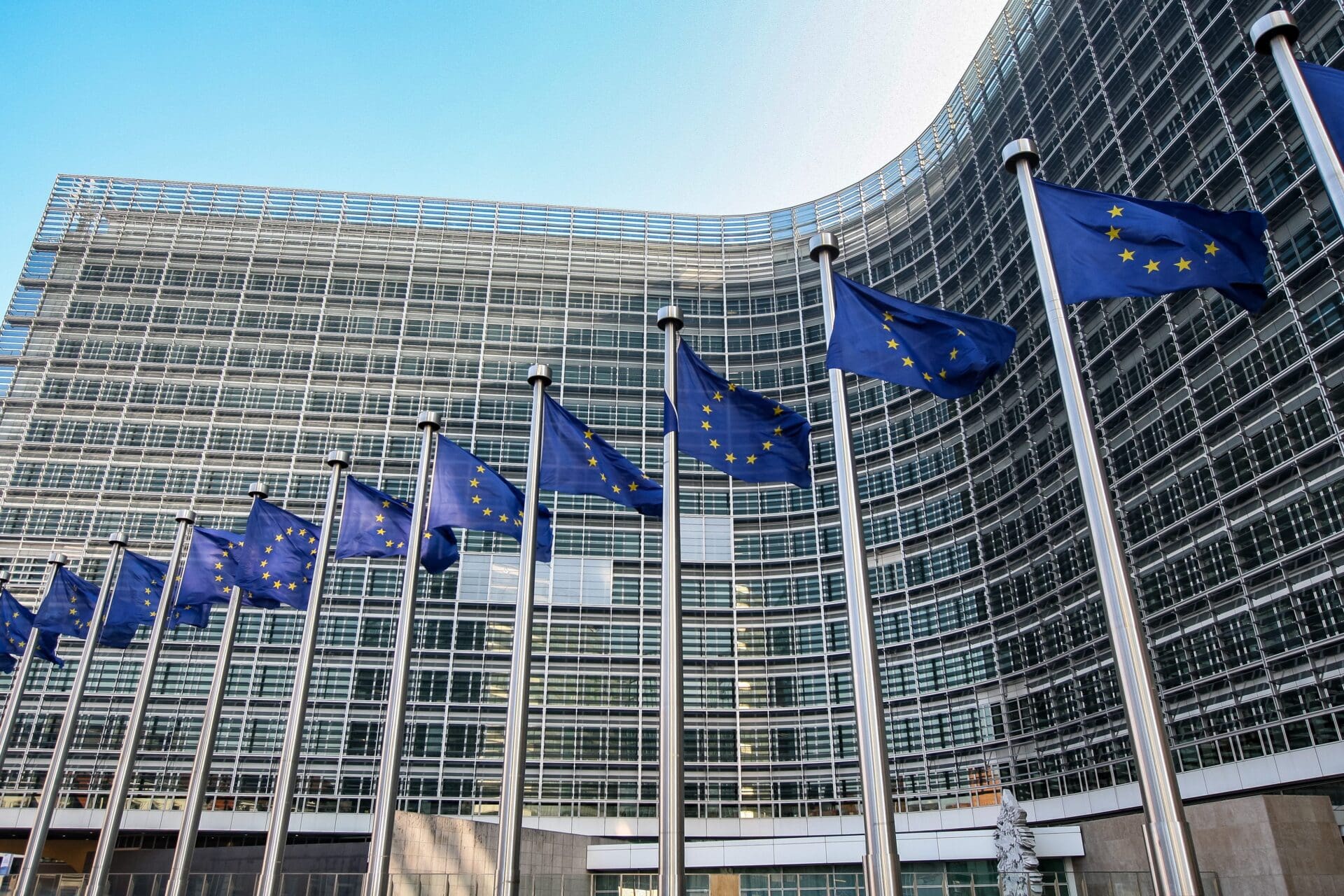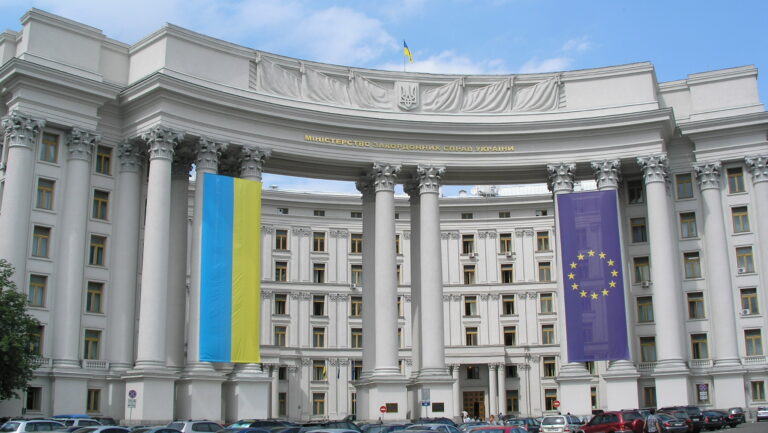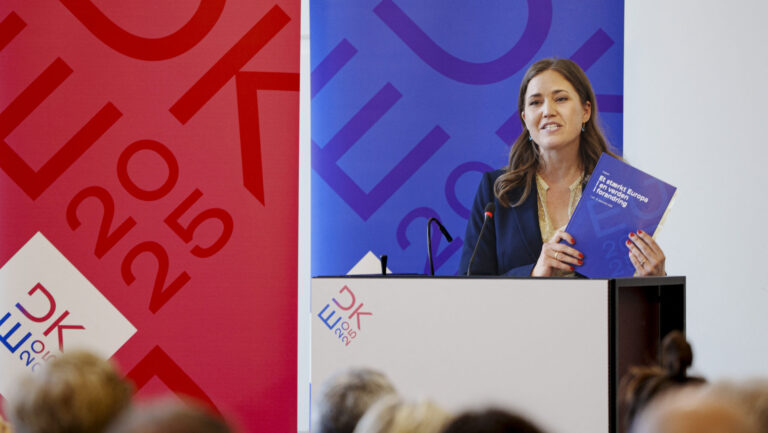The following is a translation of an opinion piece written by Ákos Bence Gát, a researcher at the Europe Strategy Institute of the University of Public Service, originally published on the Five Minutes Europe blog of Ludovika.hu.
Is the EU Suing Itself over EU Funds?
The European Parliament is taking the European Commission to court over EU funding for Hungary. The two EU institutions are pretending that they are not in cahoots with each other…
In fact, the European Commission and the European Parliament, the two ‘supranational’ bodies of the EU, have been working shoulder to shoulder for more than a decade to take power away from Member States, including through the rule of law procedures.
The ultimate goal is clear: to break down the sovereignty of Member States so that all important decisions can be taken in Brussels, far away from EU citizens. The rule of law mechanism is a key tool in this effort, through which the EU is bringing European countries under even greater political control. The political pressure in version 2.0 of the rule of law has been complemented by financial blackmail or, as EP Vice-President Katarina Barley put it, ‘starvation’ tactics as well.
‘More power to Brussels! Down with the nations!’ is the motto that best describes what the Commission and the EP agree on.
As for the differences in opinion, they are only rooted in the question of where exactly the power that has been taken from the Member States should be concentrated in Brussels.
The Commission, of course, thinks that the pouvoir should be vested exclusively in them, while the EP would rather make a play for it itself. This rivalry was already evident at the time of the first rule of law mechanisms. However, as the stakes rise—tens of billions of euros are now on the line—, the institutional tussle also becomes more and more spectacular.
Nonetheless, it is not only institutions that are competing with each other in Brussels, but also the egos of politicians. For EU politicians, it is often only important to strengthen one institution or another as long as they are in the lead. If, for example, Manfred Weber, who currently leads the largest parliamentary group in the European Parliament, were to fulfil his dream of becoming President of the Commission, he would probably no longer want to extend the power of the EP at any price…
Complicity and rivalry—these two motives, which exist in parallel, are behind the European Parliament’s decision of a lawsuit.
On the one hand, the EP and the Commission are accomplices. The EP is actually doing the Commission good by generally ‘pressuring’ it to take even tougher action against rebellious Member States. In orther words, the Commission is far from being averse to ‘rule of law’ harassment of Member States, and the EP even further encourages it. This kind of ‘coercion’ can come in handy when the Commission is negotiating with a Member State under investigation or when, for whatever reason, it does not want to take responsibility for its decisions overtly. In this case, it is useful for it to be able to invoke pressure from the EP.
On the other hand, the EP’s pressure on the Commission is also a sign of rivalry. If the Commission has already determined the position that suits it best, the EP’s excessive demands can be annoying beyond a point. Presumably, however, the Commission is also reluctant to take on the extra burden of a court case with the EP.
The phenomenon of ‘complicit rivalry’ in the context of the EP’s litigation is being translated into the level of individual politicians, too. A few weeks ago, the EPP, led by Manfred Weber, raised its shield in Ursula von der Leyen’s protection to allow her to run again for the Commission presidency. Now, the same EPP and the same Manfred Weber have backed the EP’s decision to sue the von der Leyen Commission…
This is the kind of contradictory situation that the excessive politicization of the Union leads to. The ideal of peaceful cooperation between European nations is increasingly being eroded in the struggle between individual and party interests.
Click here to read the original article.








